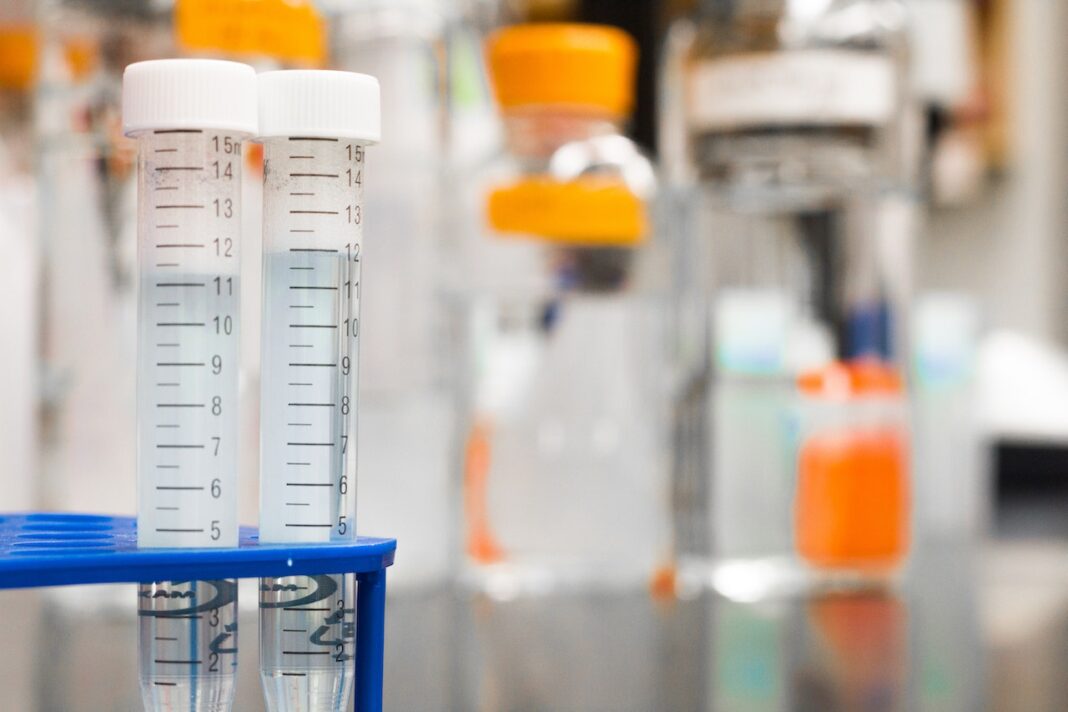Biology, the study of life, is a fascinating field that encompasses a broad range of scientific disciplines. From genetics to ecology, biologists are constantly expanding their understanding of the natural world and developing new technologies and techniques to improve human health and well-being. As we move into 2023, the field of biology is poised for significant growth, offering a range of exciting career opportunities for those with a passion for the life sciences, according to experts like Steven Rindner.
Here, we will explore some of the most promising and innovative careers in biology for 2023 and beyond.
Genetic Counselor
Genetic counselors are healthcare professionals who work with individuals and families to assess the risk of inherited genetic disorders and provide guidance and support to those affected by such conditions. As advancements in genetic research continue to accelerate, the demand for skilled genetic counselors is increasing. This career requires a master’s degree in genetic counseling, and certification from the American Board of Genetic Counseling is typically required for practice.
Biomedical Engineer
Biomedical engineers use their knowledge of biology and engineering to design and develop medical devices, equipment, and software. With the aging population and increasing demand for personalized medicine, the need for skilled biomedical engineers is on the rise. These professionals typically hold a bachelor’s or master’s degree in biomedical engineering and may work in a variety of settings, from research and development to manufacturing and clinical support.
Biostatistician
Biostatisticians apply statistical methods to biological research and clinical trials, helping to analyze and interpret complex data. As the volume of data generated in biological research continues to grow, the demand for skilled biostatisticians is increasing. This career typically requires a master’s degree in biostatistics or a related field, as well as strong analytical skills and attention to detail.
Marine Biologist
Marine biologists study the organisms and ecosystems that exist in the world’s oceans and seas. As concerns about climate change and environmental degradation continue to grow, the work of marine biologists has become increasingly important. This career requires a bachelor’s or master’s degree in marine biology or a related field, as well as a passion for marine conservation and environmental protection.
Ecologist
Ecologists study the relationships between organisms and their environments, with a focus on understanding how ecosystems function and how they can be managed and protected. As concerns about climate change and environmental sustainability continue to grow, the need for skilled ecologists is increasing. This career typically requires a bachelor’s or master’s degree in ecology or a related field, as well as strong analytical skills and a commitment to environmental conservation.
Immunologist
Immunologists study the immune system and its role in protecting the body from disease. With the ongoing COVID-19 pandemic and the continued threat of emerging infectious diseases, the work of immunologists has never been more important. This career typically requires a doctorate in immunology or a related field, as well as strong research and analytical skills.
Conservation Scientist
Conservation scientists work to protect and manage natural resources, from forests and wetlands to wildlife and endangered species. With increasing concerns about climate change and the loss of biodiversity, the need for skilled conservation scientists is on the rise. This career typically requires a bachelor’s or master’s degree in environmental science, conservation biology, or a related field, as well as a passion for environmental conservation and protection.

















